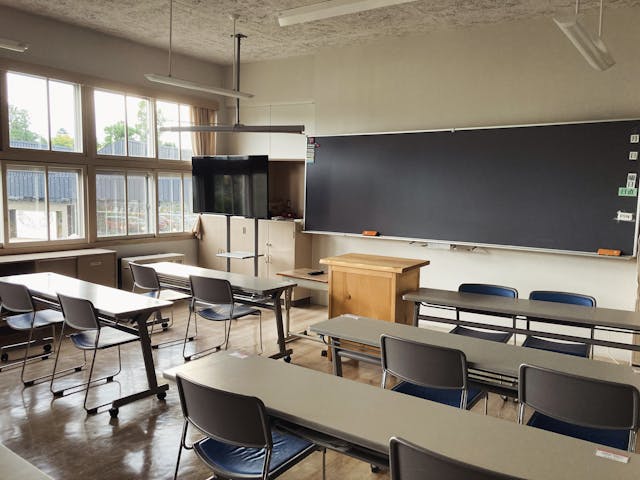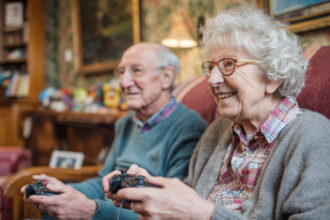A new study from the USC Leonard Davis School of Gerontology has found that Americans with lower levels of education are ageing faster than their better-educated peers, and this inequality has grown significantly over the past three decades. The findings highlight that differences in health are not solely a matter of lifestyle or chance but are profoundly tied to educational attainment. The researchers argue that the growing divide in biological ageing reflects the enduring impact of social inequalities that shape people’s health trajectories across their lives.
At the centre of the study is the concept of biological ageing, which looks beyond the number of years someone has lived. Chronological age counts birthdays, but biological age measures how well the body is functioning—how organs, systems, and tissues are changing over time. Two people in their mid-sixties may share the same chronological age, yet one may have a biological profile similar to that of someone a decade younger. At the same time, the other may exhibit accelerated decline. This measure, researchers explain, provides a sharper lens on health than simple age.
“Biological age gives us a clearer picture of health than chronological age,” said Professor Eileen Crimmins, the study’s senior author. “It allows us to understand who is likely to remain healthy longer and who may face higher risks of disease and disability.” By studying changes at the biological level, the researchers can pinpoint disparities in health that traditional measures may overlook, particularly those influenced by education and social background.
The research team drew upon data from the National Health and Nutrition Examination Survey, focusing on adults aged 50 to 79 across two different periods: 1988–1994 and 2015–2018. Their analysis showed that while biological ageing has slowed for the American population overall—a sign of progress in health outcomes—the benefits were not distributed evenly. Adults with higher education experienced significantly greater improvements than those with less schooling, resulting in an ever-widening gap between the two groups.
In the earlier survey period, the difference in biological ageing between adults with less than a high school education and those holding a university degree was approximately one year. By 2015–2018, the gap had nearly doubled to two years. “This means that people with more education are not just living longer lives; they are ageing more slowly than everyone else,” said Mateo Farina, assistant professor at the University of Texas at Austin and lead author of the study. “The health improvements we see at the population level are not being shared equally across society.”
Why does education matter so profoundly for ageing? Education influences employment opportunities, income, neighbourhood environments, and access to healthcare. It also shapes behaviours such as smoking, diet, and exercise, all of which contribute to long-term health. The researchers tested whether smoking, obesity, or medication use might explain the growing divide, but these factors did not account for the full disparity. Instead, it was education itself—with its far-reaching effects on opportunity and wellbeing—that emerged as the strongest predictor of differences in ageing.
Crimmins noted that “education shapes opportunities and risks throughout the life course. It is one of the most powerful social determinants of health, and its influence leaves a visible mark on how fast or slow our bodies age.” This framing underscores that educational inequality is not only about career prospects or income but also about something as fundamental as how long and how well people live. The health gap created by unequal schooling has become a matter of public health concern, demanding responses that reach far beyond the classroom.
The implications are sobering. If current trends continue, people with less education may not only have shorter lives but also spend a greater proportion of their later years in poor health, putting added strain on families, communities, and health systems. Farina stressed that this is not merely an issue of personal responsibility but a collective one. “If we want to reduce health disparities, we must view education as a public health investment,” he said. In this light, the study’s findings urge policymakers to see equal access to quality education as essential not only for social equity but for the health and longevity of future generations.
More information: Mateo Farina et al, Increasing Educational Inequality in Biological Aging Among U.S. Adults Aged 50–79 From 1988–1994 to 2015–2018, Demography. DOI: 10.1215/00703370-12175545
Journal information: Demography Provided by University of Southern California








